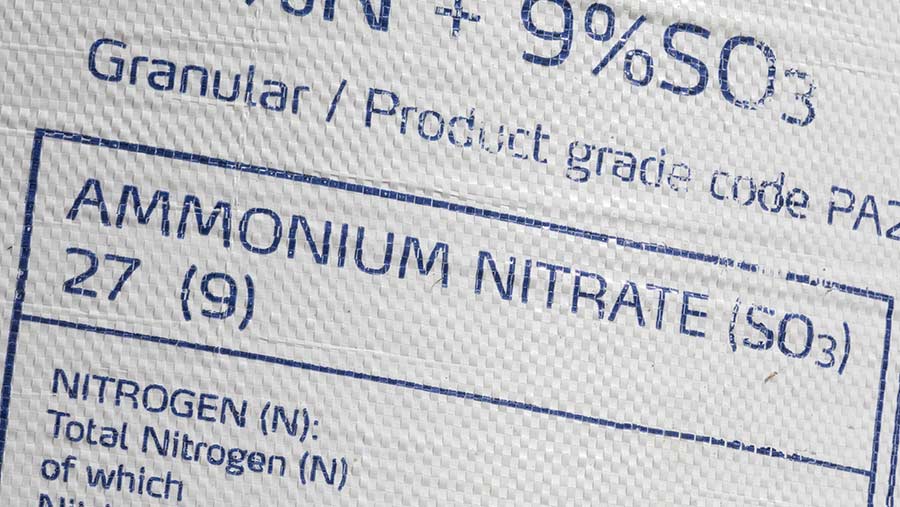Opinion: Stephen Carr predicts an improbable 2022 for farming
 © Tim Scrivener
© Tim Scrivener I thought I should start 2022 by doing something that I do best: predicting the future.
I am, after all, someone who for many years has insisted that farmland prices are about to crash and that there was no chance that the UK would ever do anything as daft as leave the EU, so you are in good hands.
Here then, dear reader, are my predictions for 2022:
See also: Farmer support for Conservatives on the slide
January NFU president Minette Batters attacks the government on BBC Radio 4’s Today programme as ammonium nitrate prices rise to £750/t.
February Following widespread disappointment with payments as low as £22/ha announced for the Sustainable Farming Initiative, Defra secretary George Eustice compounds farmers’ gloom by pronouncing that “such is the importance of climate change and bio-diversity, farmers will in future pay for the privilege of entering Environmental Land Management [ELM]”.
March With no sign of Covid/Brexit-related supply chain issues resolving themselves, farmers at a large agrichemical distributor in Cambridgeshire are filmed fighting over the last known can of Roundup in the whole of the UK.
April Agri-inflation officially rises to 600%, as the price of a 12-foot galvanised farm gate tops £1,000. Mr Eustice shows how in touch he is by saying:
“My advisers assure me that there is nothing to worry about as farmgate prices have never been higher.”
May The government announces a free-trade deal with Brazil that will see UK beef, grain and oilseed prices cut by 99% within five years.
International trade secretary Anne-Marie Trevelyan describes the deal as a “whinge-whinge, sorry, I mean a win-win, for UK farmers who voted for Brexit”.
June Mrs Batters attacks the government on BBC1’s Question Time as ammonium nitrate prices rise to £1,000/t.
July The government’s refusal to relax its controls on the issue of visas to allow overseas workers to come to the UK means that fruit rots in the fields, and pigs grow vast awaiting slaughter.
When asked about the crisis, prime minister Jacob Rees-Mogg comments: “Crisis? What crisis? I went to Legoland and it was simply marvellous.”
August It is revealed that the government is paying equal amounts of money to clear trees and scrub under Countryside Stewardship as it is to plant trees and encourage scrub under ELM.
September The last small abattoir in the UK closes, meaning there is nowhere for small specialist consignments of rare breeds of livestock to be slaughtered.
Mr Eustice brushes aside criticism, declaring: “There is now a very even distribution of small abattoirs across the UK.”
October The folly of appointing ex-Tesco boss Tim “Horsegate” Smith as chief of the Trade and Agriculture Commission becomes apparent.
Desperate to sign a trade deal with US president Harris’s administration, he allows chlorinated chicken and hormone-implanted beef to be imported from across the Atlantic, “provided they contain at least 29% horse”.
November Mrs Batters attacks the government on BBC, ITN, Channel 4, Channel 5, CNN, Al Jazeera and Sky News, as ammonium nitrate prices rise to £10,000/t.
December With the UK now free of the EU ban on GM crop production, the growing of the first commercial crops of GM wheat, barley, oats, potatoes and OSR is permitted in Great Britain.
Mr Eustice states: “This will have no impact on UK food exports to the EU”, which is perfectly true, as the ongoing trade dispute over the Northern Ireland Protocol means they’ve stopped anyway.

